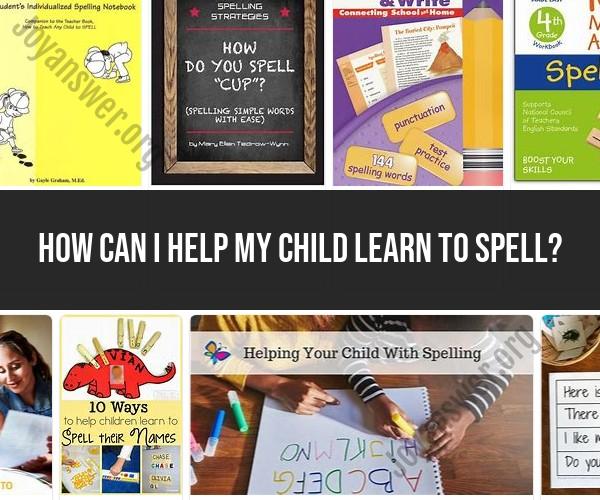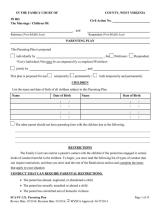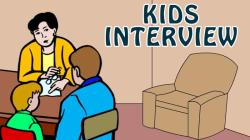How can I help my child learn to spell?
Strong spelling skills are essential for effective communication and literacy development. As a parent, you can play a vital role in helping your child improve their spelling abilities. Here are some practical tips to support your child's spelling skills:
1. Create a Spelling-Friendly Environment
Encourage a love for reading and writing by creating a spelling-friendly environment at home:
- Stock your home with a variety of age-appropriate books.
- Provide access to writing materials like notebooks, pens, and markers.
- Set aside a dedicated space for reading and writing activities.
2. Engage in Regular Reading
Reading regularly exposes your child to correctly spelled words and helps them understand how words are used in context.:
- Read aloud together and discuss the meanings of new words.
- Encourage independent reading to build vocabulary and language skills.
3. Practice Spelling Through Writing
Writing activities provide opportunities for your child to practice spelling:
- Encourage your child to keep a journal or write short stories.
- Help them write letters, emails, or messages to friends and family.
- Ask them to create shopping lists, to-do lists, or postcards.
4. Play Spelling Games
Spelling games make learning fun and engaging:
- Play word search, crossword puzzles, and Scrabble together.
- Use educational apps or online spelling games.
5. Break Down Words
Teach your child strategies for breaking down words into smaller parts:
- Show them how prefixes, suffixes, and root words affect spelling.
- Practice spelling by syllables or phonetic patterns.
6. Practice Spelling Out Loud
Spelling out loud helps reinforce the connection between letters and sounds:
- Ask your child to spell words while you write them down.
- Use spelling bee-style challenges for fun and practice.
7. Encourage Memory Aids
Help your child create memory aids for challenging words:
- Use mnemonic devices, acronyms, or visual cues to remember spellings.
8. Provide Positive Feedback
Celebrate your child's spelling achievements and efforts:
- Offer praise for correct spellings and improvements.
- Correct misspellings gently and provide guidance.
Conclusion
By creating a supportive environment, engaging in reading and writing activities, and incorporating spelling games and strategies, you can help your child develop strong spelling skills. Your involvement and encouragement play a crucial role in their language development and academic success.












